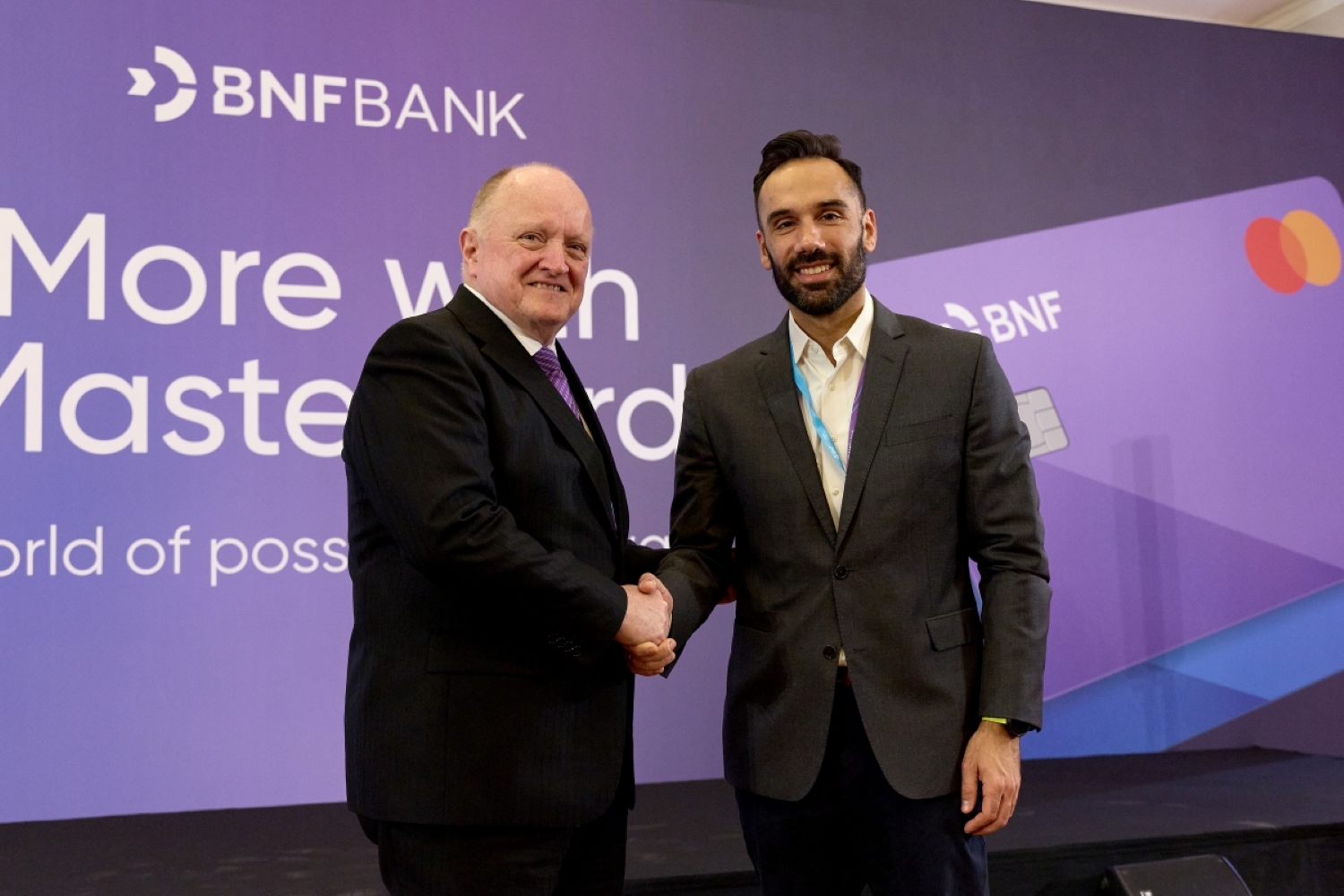Bitcoin, the world’s most popular cryptocurrency, has seen a massive surge in value since September, with its market cap now comparable to some of the largest companies in the world, but this has little bearing on the local sector, says one industry expert.
One month after Finance and Employment Minister Clyde Caruana poured cold water on the Blockchain Island dream, commenting that without the support of traditional banks, it would be “very difficult” for the sector to pick up, some may have hoped that bitcoin’s tripling in value would present an opportunity to revive the concept.
However, Wayne Pisani, Partner at audit, tax and advisory service firm Grant Thornton, does not think so. “The interest in licensing and regulatory business is not directly contingent on the market value of any cryptocurrency,” he says. “It has much more to do with business concerns and requirements.”
Bitcoin’s market cap today rivals those of some of the world’s most valuable companies, such as those of Apple or Amazon, but this has little bearing on Malta’s fledgling blockchain industry.
Blockchain is a type of Distributed Ledger Technology underpinning Bitcoin, and while the two are intrinsically linked, the uses behind DLTs go far beyond cryptocurrency.
“From a Maltese perspective,” Mr Pisani explains, “in 2019 we were hit with reputational damage, which was followed by a decrease in appetite for risk by local banks. Then, 2020 saw the arrival of the pandemic, which sent most investors into hibernation and savings mode.”
Additionally, he argues, Malta was ahead of its time rather than mistaken in its approach, pointing out that the EU’s Digital Finance package follows a number of principles Malta had introduced back in 2017.
Initially, Blockchain Island received a strong response, with the support of tech celebrities like John McAffee (creator of the eponymous anti-virus software) and Steve Wozniak (co-founder of Apple) helping to put Malta on the map.
However, a lot of that initial hype was fuelled by expectations that regulation would be divorced from compliance. “Blockchain back then was about managing to exchange value and trade in an unregulated market, and people thought they could operate in a regulated market without complying with the compliance requirements typical of regulated business,” explains Mr Pisani.
He believes this “expectation gap” is what led a multitude of companies who had set up shop in Malta in 2018 as part of the VFA transitory period pending the launch of the licensing process to fail to give notice of starting that process after it was launched.
Nonetheless, he believes the revival of interest in distributed ledger technology is bound to happen once the pandemic situation subsides, most likely if the token (i.e. cryptocurrency) is backed by some kind of concrete asset.
While bitcoin is not backed by any concrete value, with its price entirely driven by market sentiment, the development of a token with similar features but backed by an underlying real asset has strong potential to divert demand for it as it draws investor interest.
“I believe that distributed ledger technology will facilitate the fractional ownership of assets – whether shares, artworks, property, or anything else – and I think that central banks are also going to start looking into using this instead of printing money.”
With current regulations, a person owning a share in one company and another person owning a share in another company who want to trade shares cannot do so directly. Instead, each person must individually sell their current share and buy the other one, resulting in four different transactions having to be undertaken.
“The interface between these people is the use of money,” explains Mr Pisani. “Bartering is no longer allowed, even if the parties involved want to do so.”
“But with crypto,” he continues, “if the shares are converted into crypto assets, in theory they can be exchanged directly without the need to buy and sell. This means that an action that currently requires four transactions, with their associated costs, would only require one single efficient transaction. That’s why distributed ledger technology is here to stay.”
Until blockchain is appreciated as a technology of its own, divorced in people’s minds from bitcoin and the negative connotations it has with money laundering and criminality, it will not be trusted, says Mr Pisani.
“For this to be addressed, we need regulation,” he concludes, “but if we overregulate, as we did in equities and money, we will see other jurisdictions take the lead.”
“The inherent efficiencies of the technology must be facilitated by regulation, not neutralised.”
‘Retail’s ultimately about human connection’ – The Convenience Shop CEO David Tabone
CEO David Tabone sheds light on how Malta’s largest convenience retailer is reshaping its shopping experience
BNF Bank and Mastercard partner to bring added value to Maltese customers
Collaboration enhances everyday banking through exclusive experiences, rewards, and innovative payment solutions
‘People bring their best when they feel supported and valued’ – CLA Malta’s Dorianne Campbell
Dorianne Campbell on going the extra mile to create an environment that treats employees as the organisation’s most valued assets






